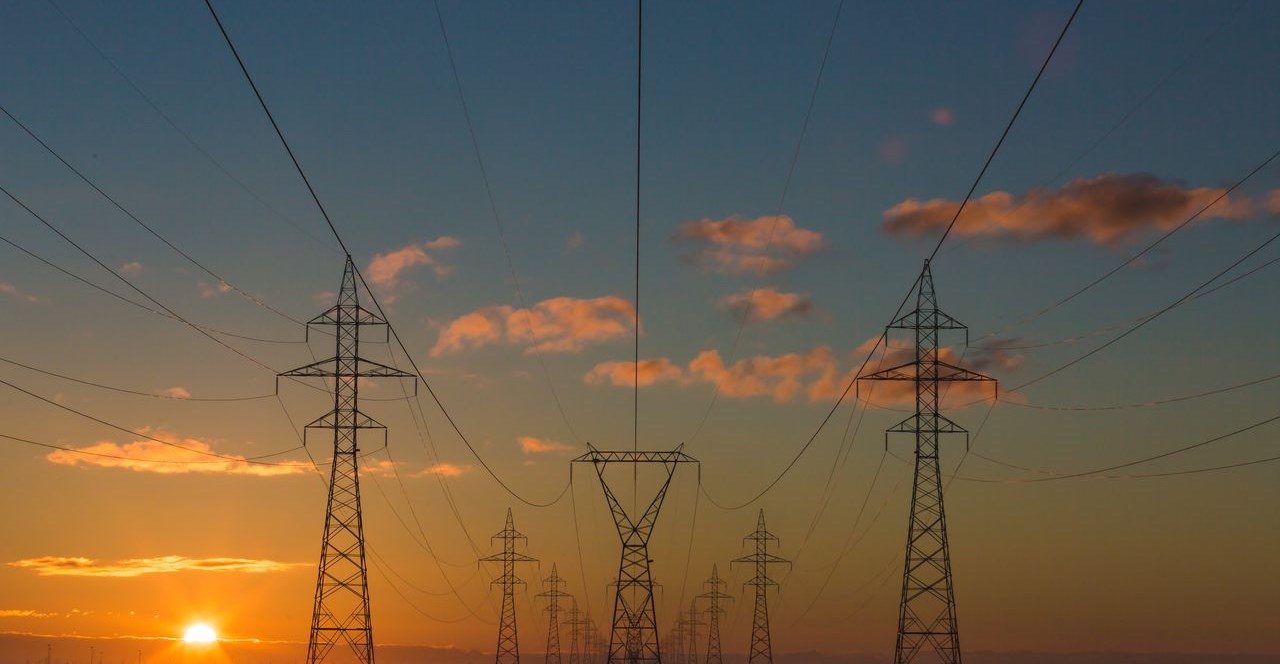The emerging electric power system with high penetration of renewable power production is less predictable and has exhibits different physical characteristics. This means that the work for control room operators who monitor and ensure system stability is changing from passive monitoring to more active and intensive cognitive work. This in turn calls for the need to create support systems and work practices that can handle good adaptability relative to the increasingly dynamic processes. During active monitoring, the operator may be required to make quick decisions in a short time within minutes or seconds. This in turn requires a good situational awareness of the electric power system and surrounding factors, e.g. weather conditions.
Implementation of project
The project is to be conducted as a collaboration between the Departments of Electrical Engineering and Human-Centred Technology at KTH, and the Department of Industry and Materials Science at Chalmers.
The work has two main starting points, firstly what information can be obtained from a future electric power system in the form of technical and physical measured values, and how these should be aggregated and quality assured in order to be used for decision support. The second starting point is current practice and working methods in the control rooms, as well as how this is being developed. Based on this starting point, requirements and prerequisites for the human operator's actions in cooperation with the support systems are captured.

